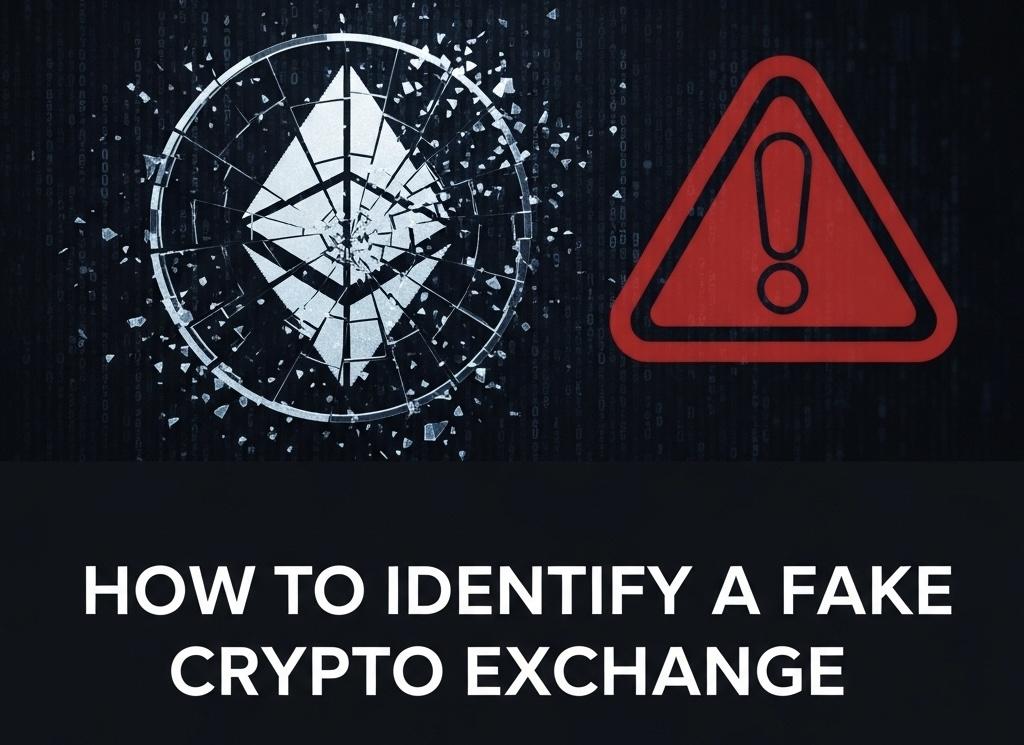The U.S. Securities and Exchange Commission (SEC) has taken a cautious and regulatory-heavy stance on cryptocurrencies, especially when it comes to tokens that may qualify as securities. Here’s a breakdown of the SEC's position
🔍 1. Crypto Assets as Securities
The SEC often evaluates whether a cryptocurrency or token qualifies as a security using the Howey Test, which determines whether:
- There is an investment of money,
- In a common enterprise,
- With an expectation of profit,
- Derived from the efforts of others.
If a token meets these conditions, it's considered a security, and must comply with U.S. securities laws (e.g., registration, disclosures, investor protections).
🚫 2. Unregistered Offerings
- The SEC has cracked down on many crypto projects for offering tokens without registering them as securities or qualifying for an exemption. This includes high-profile cases against:
- Ripple (XRP) – partly ruled as a security in certain contexts.
- Coinbase & Binance – for offering trading of what the SEC considers unregistered securities.
🔐 3. Stance on Bitcoin and Ethereum
- Bitcoin (BTC) – The SEC considers Bitcoin not a security, as it is sufficiently decentralized.
- Ethereum (ETH) – Former officials hinted ETH is not a security, but recent signals from the SEC are more ambiguous and have raised regulatory concerns.
💼 4. Exchanges and Custodians
Crypto exchanges that list tokens considered securities must:
- Register as national securities exchanges (which most aren’t), or
- Operate under an exemption.
- The SEC has also targeted staking services and custodians, arguing that offering certain yield products constitutes an unregistered securities offering.
📚 5. Investor Protection
The SEC emphasizes the need to:
- Protect investors from fraud and market manipulation,
- Ensure transparency and proper disclosures,
- Apply existing securities laws to digital assets.












